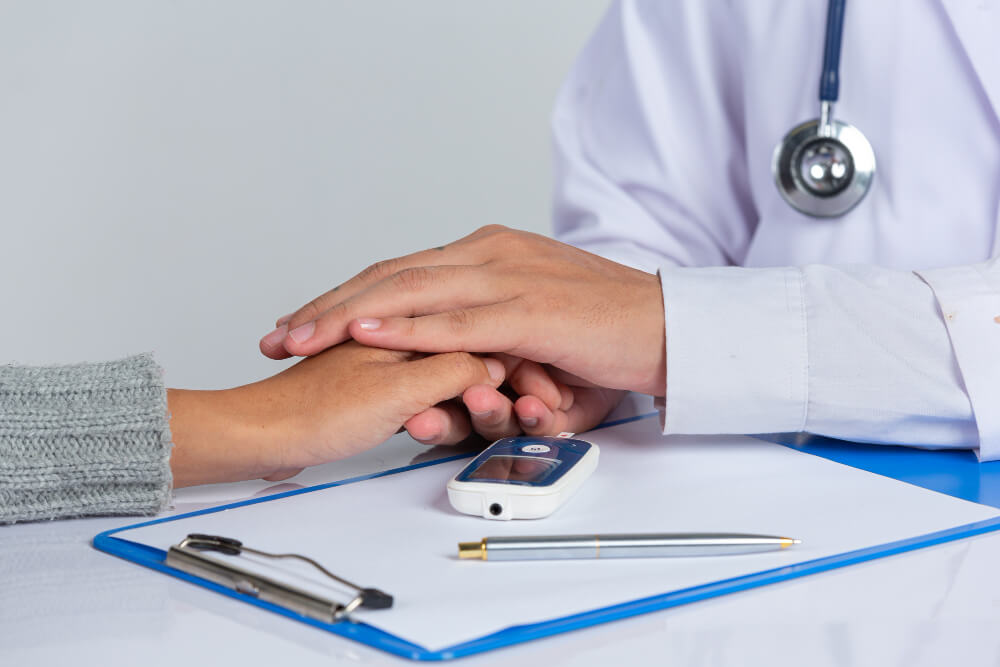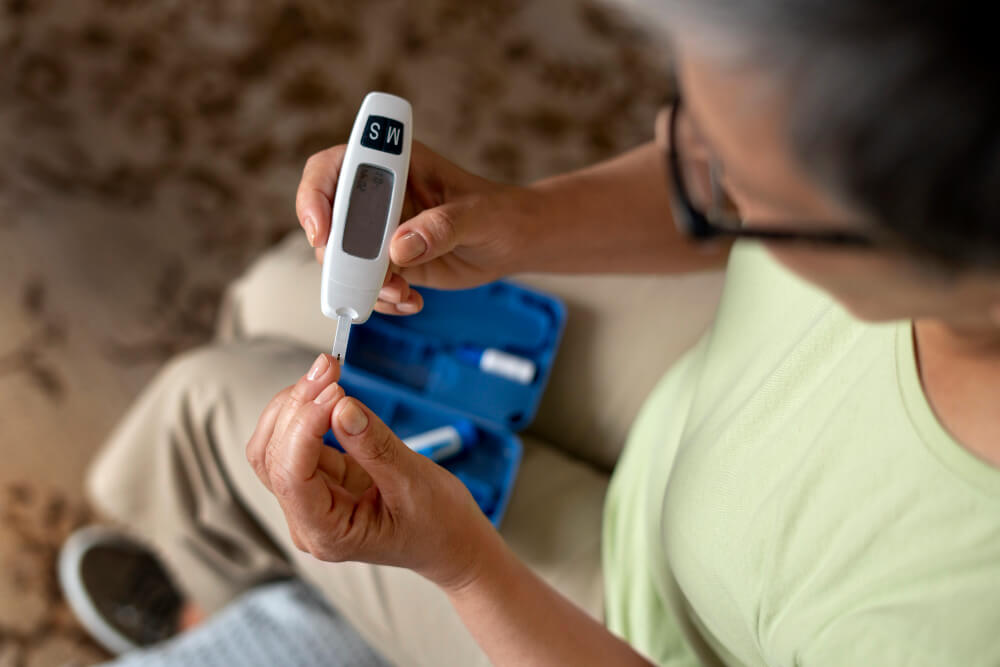The Power of Prevention: Managing Diabetes Through Proactive Care
Diabetes, both type 1 and type 2, can have a significant impact on various aspects of health, including heart health, kidney function, nerve damage, and eye health. Effective diabetes management requires a multifaceted approach that prioritizes preventive care to minimize the risk of complications and maintain optimal health.
Understanding Preventive Care in Diabetes Management
Preventive care in diabetes management revolves around proactive actions to avoid complications, maintain blood sugar levels, and reduce the risk of related conditions like cardiovascular disease, kidney failure, or neuropathy.
Importance of Preventive Care
- Early Detection: Helps identify potential issues before they escalate.
- Complication Reduction: Minimizes risks of long-term health problems.
- Improved Quality of Life: Enables individuals to live healthier and more active lives.
Essential Components of Preventive Care
Regular Health Checkups
Routine Blood Tests
- Monitoring blood sugar levels through regular tests such as HbA1c, fasting glucose, and postprandial glucose is crucial to track progress and make necessary adjustments.
Annual Comprehensive Exams
- Annual exams should include screenings for cholesterol, blood pressure, kidney function, and foot health to catch early signs of complications.
Healthy Lifestyle Practices
Balanced Diet
- A well-planned diet rich in vegetables, fruits, lean proteins, and whole grains helps stabilize blood sugar levels and supports overall health.
Regular Physical Activity
- Engaging in moderate-intensity exercises like walking, cycling, or swimming for at least 150 minutes a week aids in weight management and insulin sensitivity.
Weight Management
- Maintaining a healthy weight can significantly reduce the risk of developing complications and improve blood sugar control.
Medication Adherence
Prescribed Medications
- It is essential to follow the prescribed medication regimen to ensure consistent blood sugar control.
Insulin Management
- For individuals on insulin, regular monitoring and correct dosage are vital for preventing hypo- or hyperglycemia.
Monitoring and Tracking
Self-Monitoring of Blood Glucose (SMBG)
Regular self-monitoring allows individuals to understand how their body responds to different foods, activities, and medications.
Diabetes Technology
Continuous Glucose Monitors (CGMs)
- CGMs provide real-time insights into blood sugar trends, helping patients and healthcare providers make informed decisions.
Mobile Apps and Devices
- Numerous apps and devices track glucose levels, physical activity, and dietary intake to simplify diabetes management.
Preventive Care for Specific Complications

Cardiovascular Health
- Regular exercise and a heart-healthy diet reduce the risk of heart disease.
- Medications like statins may be prescribed to manage cholesterol levels.
Kidney Health
- Annual screenings for microalbuminuria and creatinine levels help monitor kidney function.
- Staying hydrated and controlling blood pressure are essential for kidney health.
Foot Care
- Inspecting feet daily for cuts, blisters, or infections can prevent serious issues.
- Wearing properly fitted shoes reduces the risk of injury.
Eye Care
- Annual dilated eye exams are necessary to detect diabetic retinopathy or glaucoma.
- Managing blood sugar and blood pressure reduces the risk of vision loss.
FAQs
1.What is preventive care for diabetes management?
Preventive care includes proactive measures like regular health checkups, a balanced diet, physical activity, and medication adherence to reduce the risk of complications.
2.How often should I see my doctor for diabetes management?
It is recommended to have quarterly visits for blood sugar monitoring and annual comprehensive exams to check for complications.
3.Can lifestyle changes reverse diabetes?
Lifestyle changes can help manage and, in some cases, reverse type 2 diabetes by improving insulin sensitivity and reducing excess weight.
4.Are diabetes complications preventable?
Yes, with proper preventive care, the risk of complications like heart disease, neuropathy, and kidney failure can be significantly reduced.
Conclusion
Preventive care is a cornerstone of effective diabetes management. By adopting healthy lifestyle practices, adhering to medications, and undergoing regular checkups, individuals can significantly reduce the risk of complications and lead fulfilling lives. Prioritizing proactive health measures not only improves outcomes but also fosters long-term well-being.
Consult our professionals for preventive care strategies for comprehensive diabetes management (469) 200-5974 or visit us https://scclittleelm.com/

